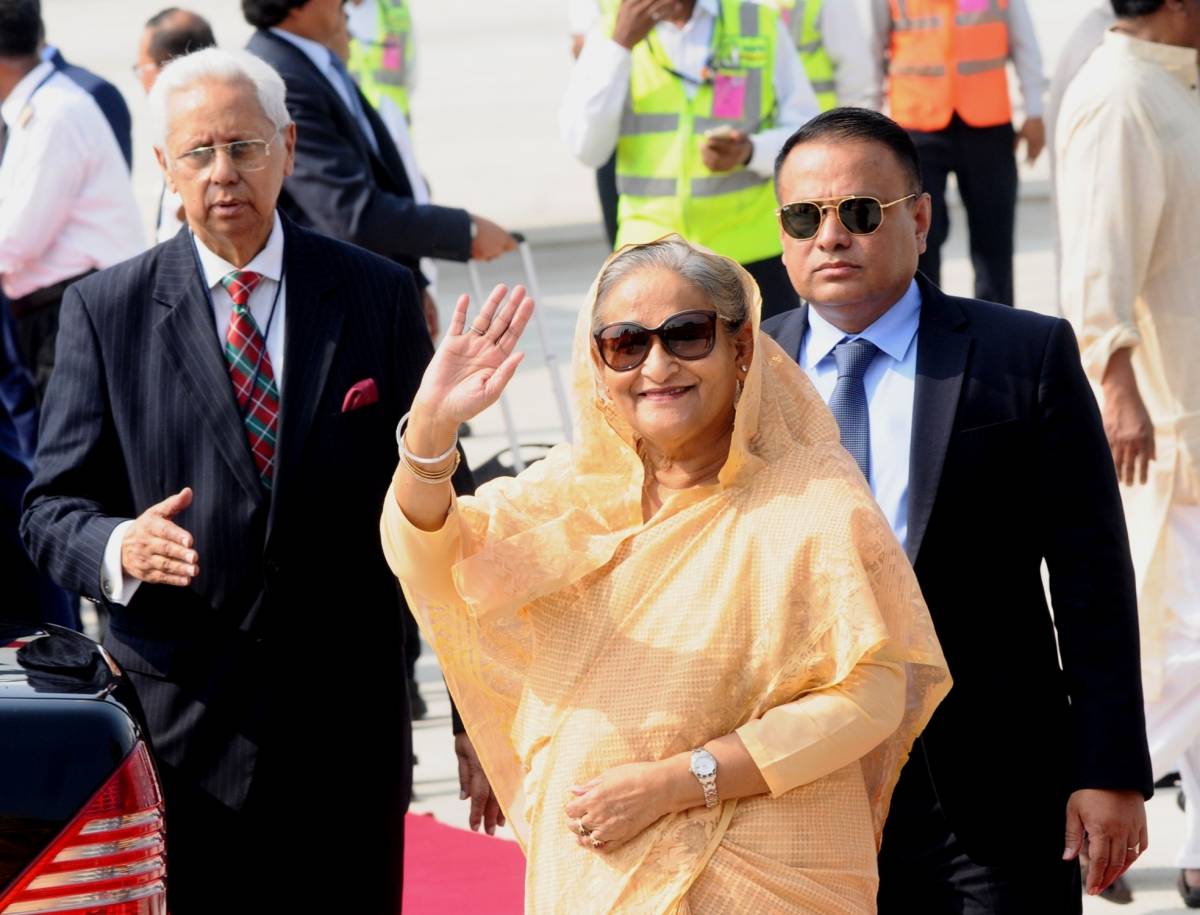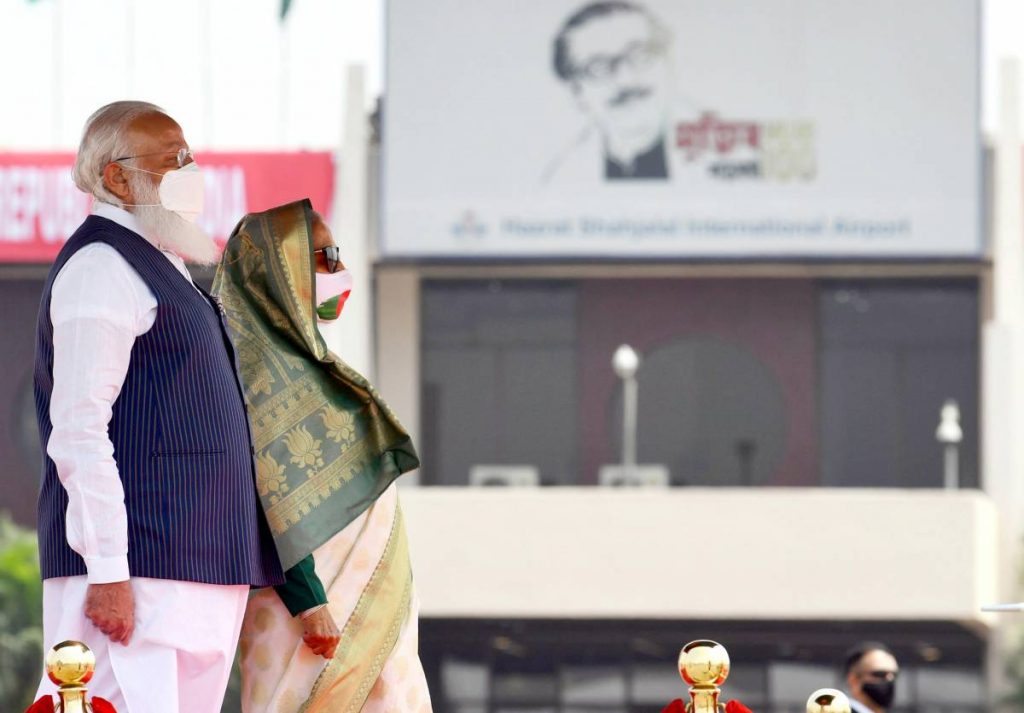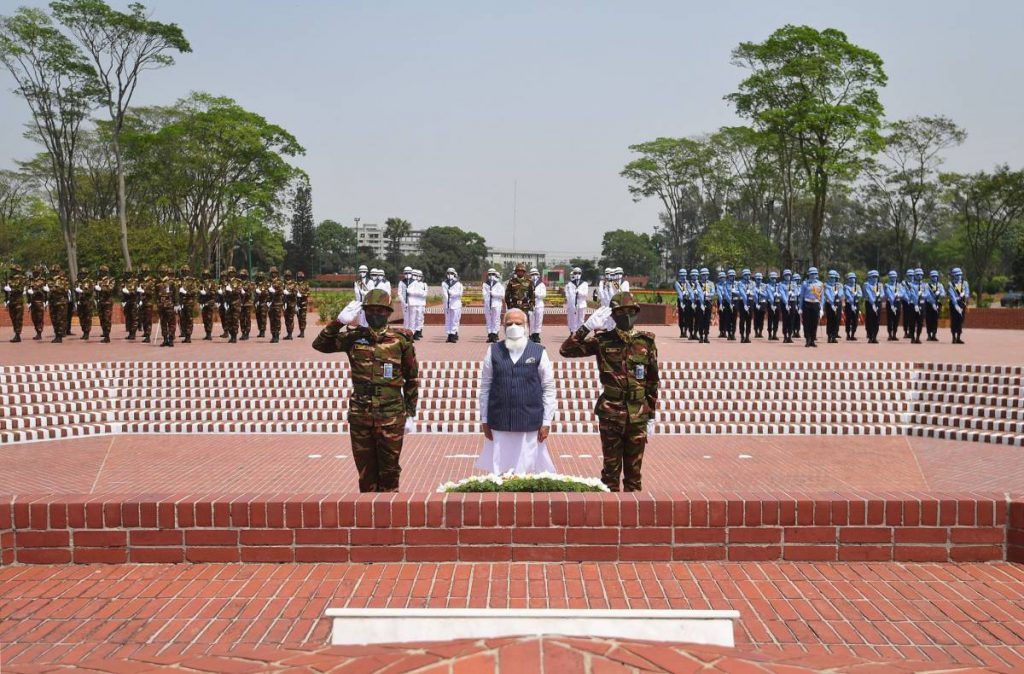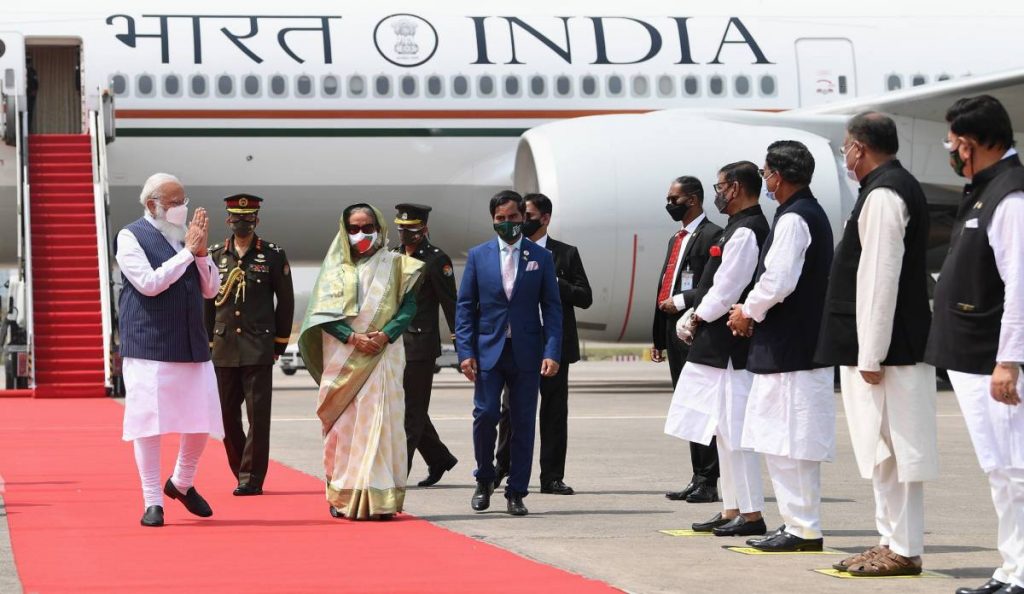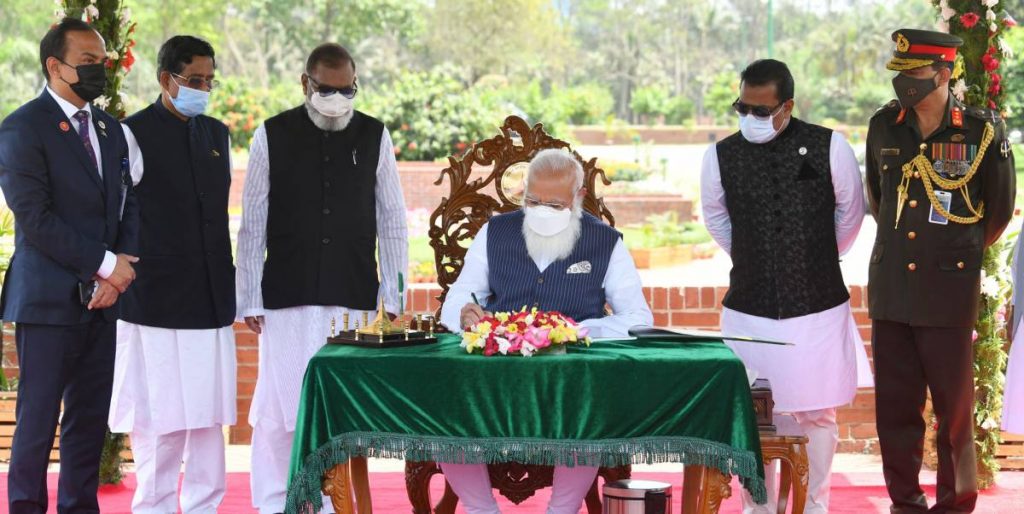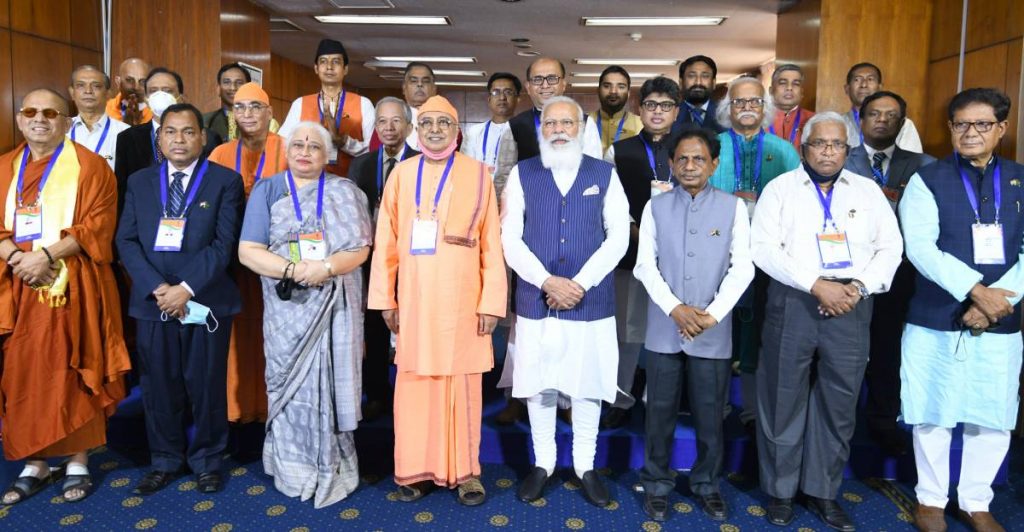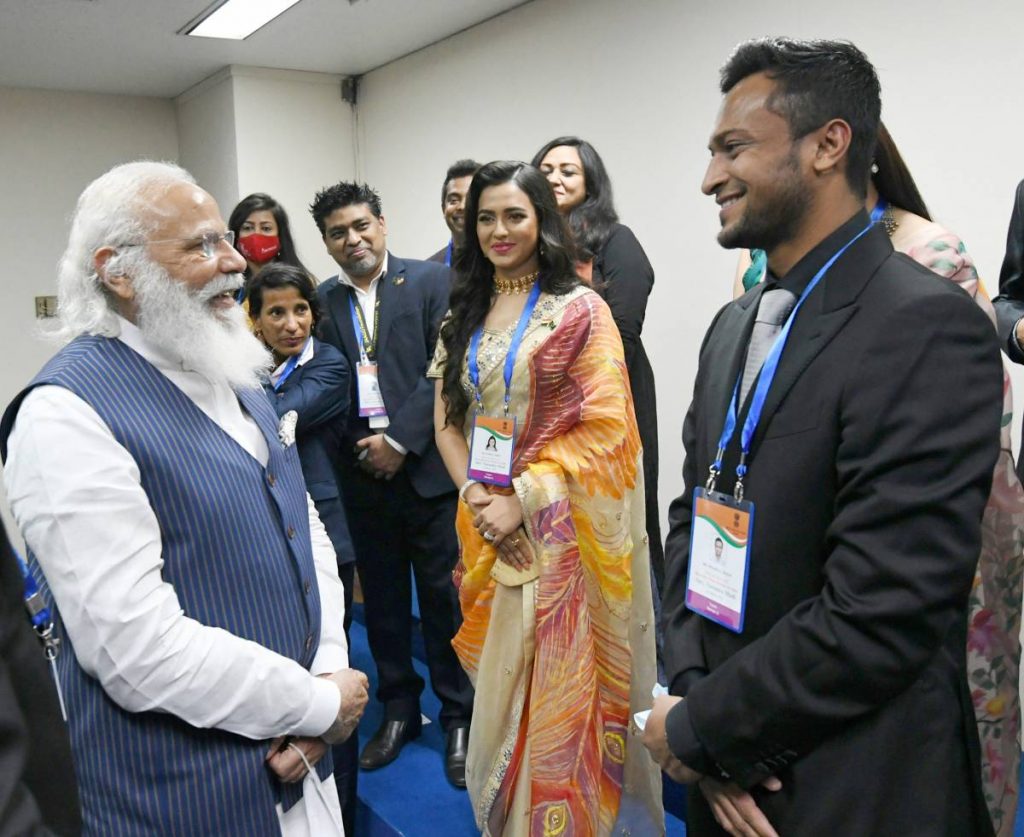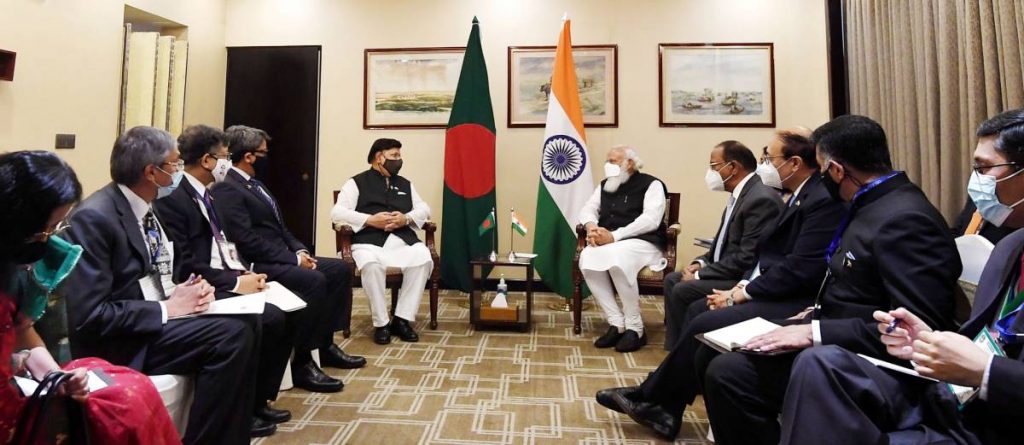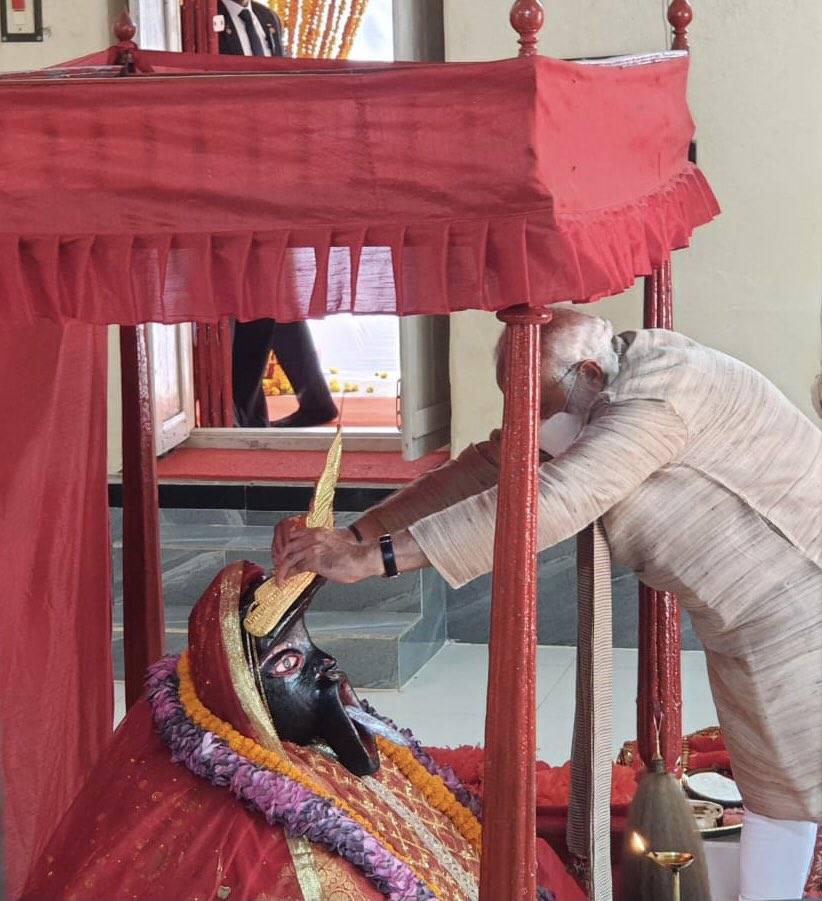Hasina, undoubtedly, has focused on the right things – taming terror and extremist outfits on one hand and on the other focusing on economic growth, reports Mahua Venkatesh
May 17 marked 40 years of Bangladesh Prime Minister Sheikh Hasina’s homecoming after being in exile for about five years. After her father Bangabandhu Sheikh Mujibur Rahman, also known as the Father of the Nation in Bangladesh, was brutally murdered along with his wife and sons on August 15, 1971, Hasina was provided diplomatic asylum in India.
Hasina along with her sister Sheikh Rehana, escaped since they were away from the country.
She returned to Bangladesh via Kolkata only in 1981 by an Indian Airlines aircraft. On Monday, an emotional Hasina thanked members of her party– Awami League, who elected her as president in February 1981 despite her absence.
Hasina, who has steered her country into becoming a developing nation, promised to build a “Golden Bangladesh.”
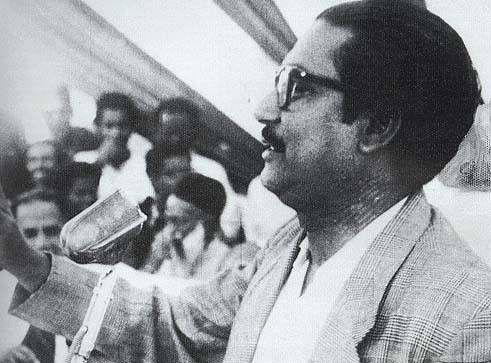
“We’ve got established ourselves as a developing country. We’ve reached here overcoming so many hurdles both from home and abroad,” she said while addressing her cabinet virtually.
“Bangladesh is now independent, and it’ll remain independent. We’ll build it as Golden Bangladesh of the Father of the Nation,” Dhaka Tribune quoted her as saying.
During her stay in Delhi, Hasina was under the watch of former President Pranab Mukherjee.
In fact, Hasina shared a close bond with Mukherjee and his family until his death last year. “The relationship between the two leaders was beyond any political framework. They exchanged notes as any other members of the family would do. For example, Hasina would regularly send Hilsa to Mukherjee and other leaders in India. This cannot be described as any political gesture. It has always been much more than that,” a close aide of Mukherjee told India Narrative.
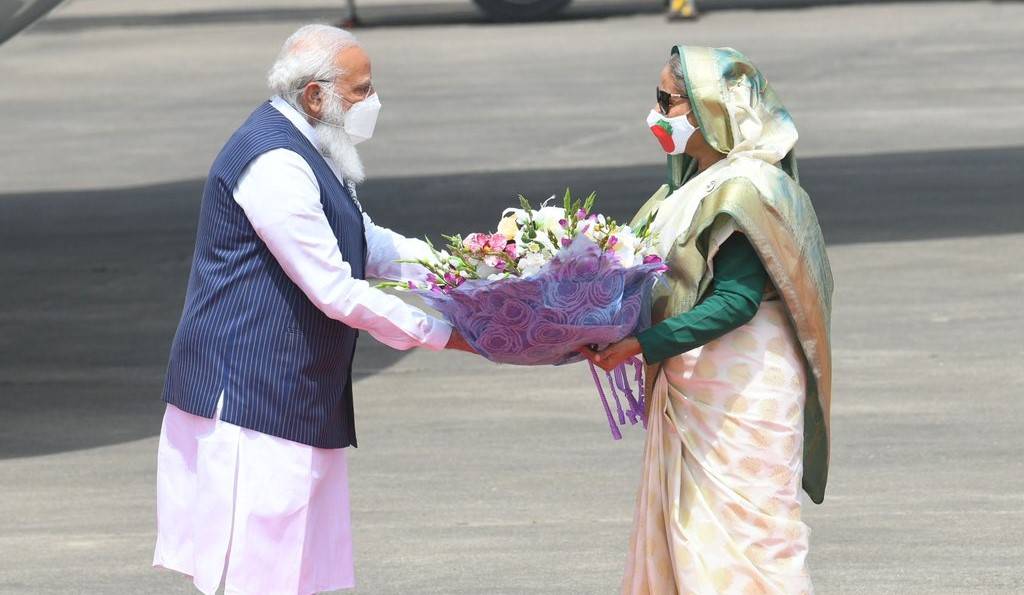
India, Bangladesh ties
“India and Bangladesh do share a special bond which has been emphasised by the Prime Ministers of both countries. It is practically not possible for India to flourish and develop if Bangladesh or for that matter other neighbouring countries are lagging behind. There has to be a holistic development of the region and all countries must be able to reap benefits,” Shakti Sinha, former bureaucrat and director at Atal Bihari Vajpayee Institute of Policy Research and International said.
Prime Minister Narendra Modi, who visited Dhaka in March to participated in the celebrations commemorating 50 years of independence of the South Asian nation described Bangladesh as a “soho jatri” or a co-traveller in the development of the region.
India and Bangladesh share a 4,096-km long border– the fifth-longest land border in the world. Several states including West Bengal, Assam Meghalaya, Tripura and Mizoram have international borders with Bangladesh.
Hasina’s focus on the right things
Hasina, undoubtedly, has focused on the right things – taming terror and extremist outfits on one hand and on the other focusing on economic growth.
“Propelled by a robust manufacturing sector and an enormous boom in infrastructure, Bangladesh has set a target of becoming a developed nation by 2041 to coincide with the platinum jubilee of its independence. Many commentators have called the goal ambitious, but even the government’s staunchest critics would think twice before questioning its plausibility. There has been a sea change in attitude from 2006 when our surpassing of Pakistan’s growth rate was dismissed as a fluke,” Salman Fazlur Rahman, Private industry and investment adviser, Prime Minister of Bangladesh’s office in an article published in 2019 by the India Economic Summit and later World Economic Forum said.
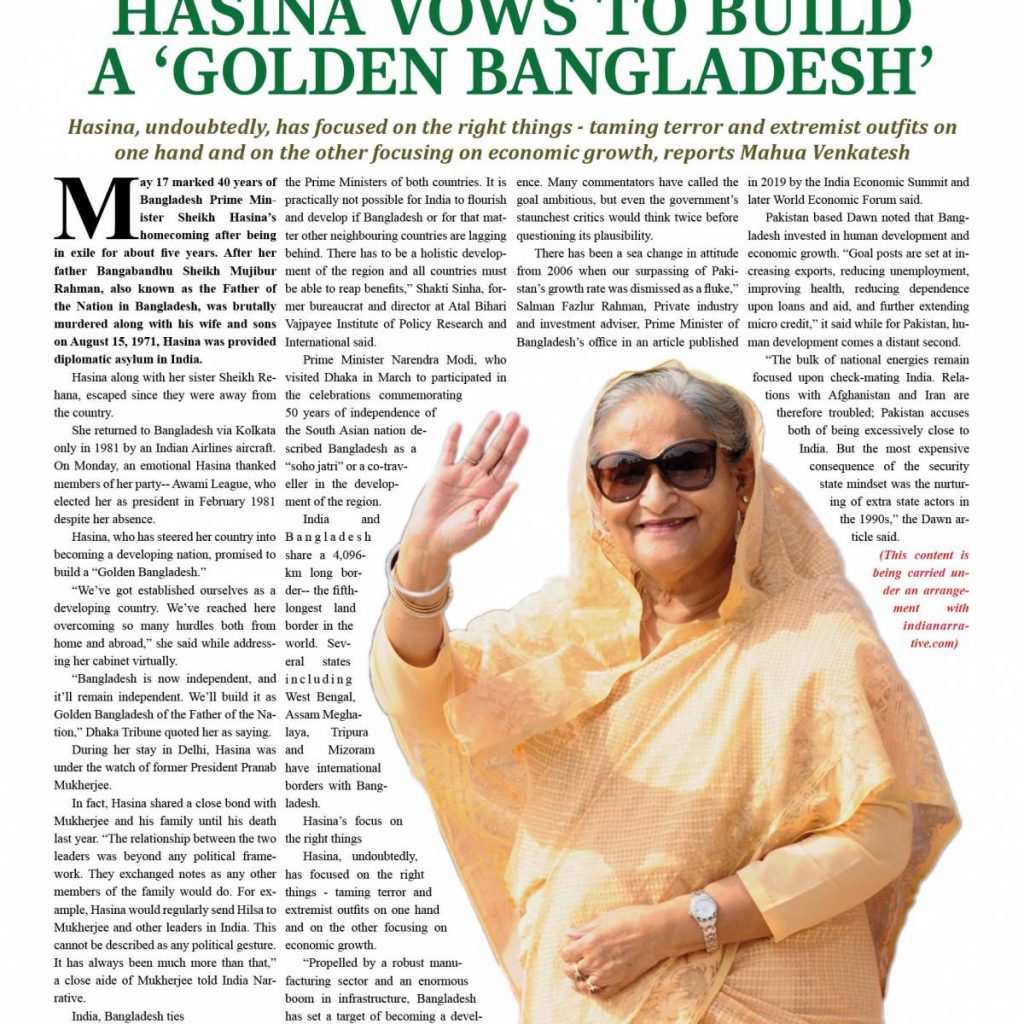
Pakistan based Dawn noted that Bangladesh invested in human development and economic growth. “Goal posts are set at increasing exports, reducing unemployment, improving health, reducing dependence upon loans and aid, and further extending micro credit,” it said while for Pakistan, human development comes a distant second.
“The bulk of national energies remain focused upon check-mating India. Relations with Afghanistan and Iran are therefore troubled; Pakistan accuses both of being excessively close to India. But the most expensive consequence of the security state mindset was the nurturing of extra state actors in the 1990s,” the Dawn article said.
(This content is being carried under an arrangement with indianarrative.com)
ALSO READ: Bangladesh industrialist booked for abetting suicide

